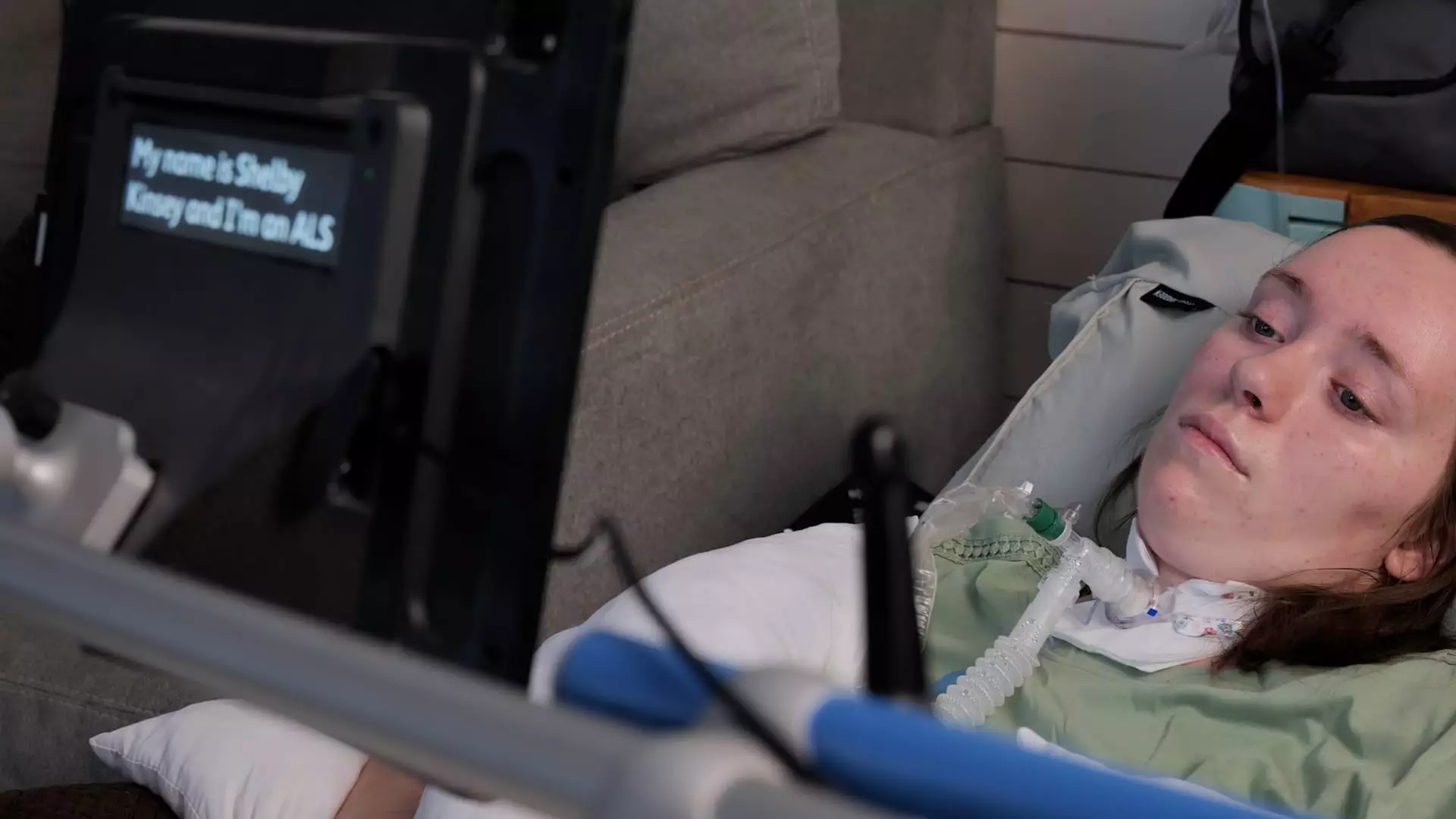The tragic shooting of UnitedHealthcare CEO Brian Thompson in December became a pivotal moment, amplifying the discontent felt by many Americans regarding the health insurance landscape. This incident not only focused attention on the individual misfortunes of patients but also highlighted systemic issues within the insurance industry itself. Following his death, social media platforms became a stage for countless individuals to divulge personal experiences where their health needs were met with bureaucratic red tape, leading many to question the moral compass that guides these companies.
As Miranda Yaver, an academic specializing in health policy, pointed out, this unfortunate event serves as a focal point for widespread discussions about health insurance. Patients from various backgrounds have begun to voice their trials related to both medical coverage delays and outright denials. The roar of frustration cuts across all political lines, indicating that this is not merely a niche issue but a societal concern that demands attention and reform.
One poignant example that illustrates this systemic failure is the story of Shelby Kinsey, a 22-year-old battling ALS in Texas. Kinsey’s struggle to access Qalsody, a medication her physicians determined was essential for her condition, exemplifies a troubling pattern. Initially, she faced rejection from Blue Cross Blue Shield of Texas based on the assertion that the treatment was “medically unnecessary.” This situation pressured Kinsey and her healthcare team to initiate an arduous appeals process, which sadly signifies a common experience for many Americans wrestling with health insurance.
Kinsey’s frustrations reveal the shocking reality of how difficult it is to secure life-enhancing treatments for critical diseases. Her comment about the complexity involved in obtaining coverage for a life-preserving medication is emblematic of a broader issue. Often, patients are left wondering why critical treatments can be dismissed while they navigate an exhausting maze of insurance policies and protocols.
The shockwaves from Thompson’s killing illuminated a lesser-known yet pressing issue: the dramatic increase in claims denials across health insurance providers. While recent reports have suggested a rise in rejections, quantifying these denials is complicated by the fragmented nature of the insurance system. As Yaver notes, the introduction of the Affordable Care Act did attempt to inject transparency into the insurance process, mandating that companies provide specific reasons for claims rejections and outline an appeals system. However, the efficacy of such regulations is undermined by a lack of proper enforcement.
Statistics reveal the magnitude of the problem; a study from KFF highlighted that in 2023 alone, around 73 million in-network claims were denied in the United States. Compared to the last years’ numbers, the escalation is stark and unsettling. Yet, it is worth noting that consumer apathy plays a crucial role—less than 1% of denied claims are appealed. This statistic uncovers an alarming reality: many patients are unaware of their rights regarding appeals, which reflects a failure to educate consumers about the very systems designed to protect them.
Experts argue that if patients were more informed about their right to appeal denials, it could serve as a necessary check against insurers. The potential effect of increased appeals suggests a pathway to reform, yet achieving this change requires sustained efforts from health advocates, policymakers, and, importantly, the insurance companies themselves.
While the killing of a prominent figure in the industry served as a tragic catalyst, it has also played a critical role in pushing the appointment of a spotlight on the urgent need for change. As the public consciousness shifts, perhaps we will see a more substantial movement toward accountability and transparency in health insurance, where patient needs take precedence over profit margins.
Ultimately, the health insurance industry must heed the messages emanating from this national dialogue, understanding that the stakes are not just personal stories—they encompass lives at risk due to systemic failures that need to be resolved. The confrontation with these realities may serve as the impetus for reimagining a system built on trust, empathy, and genuine regard for individuals’ health needs.


Leave a Reply